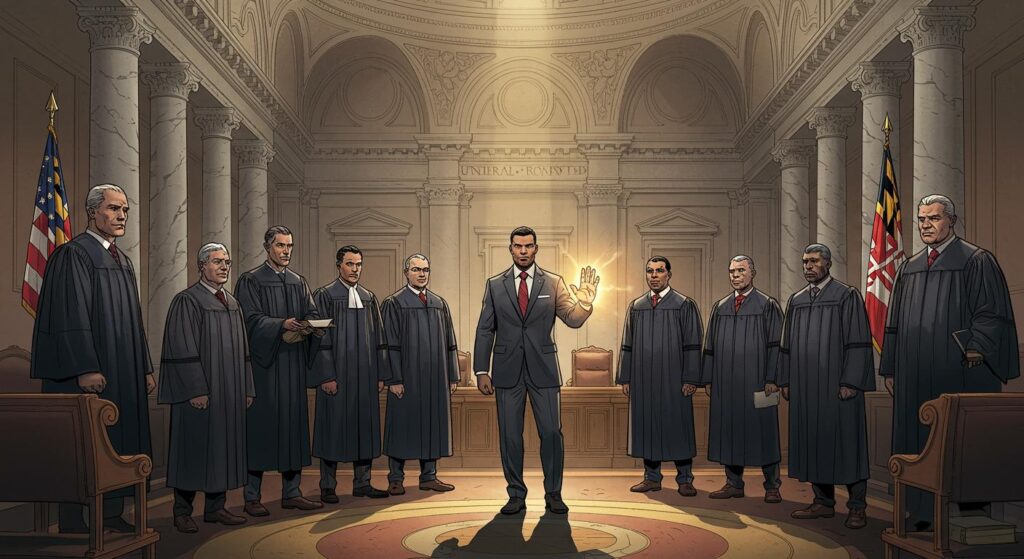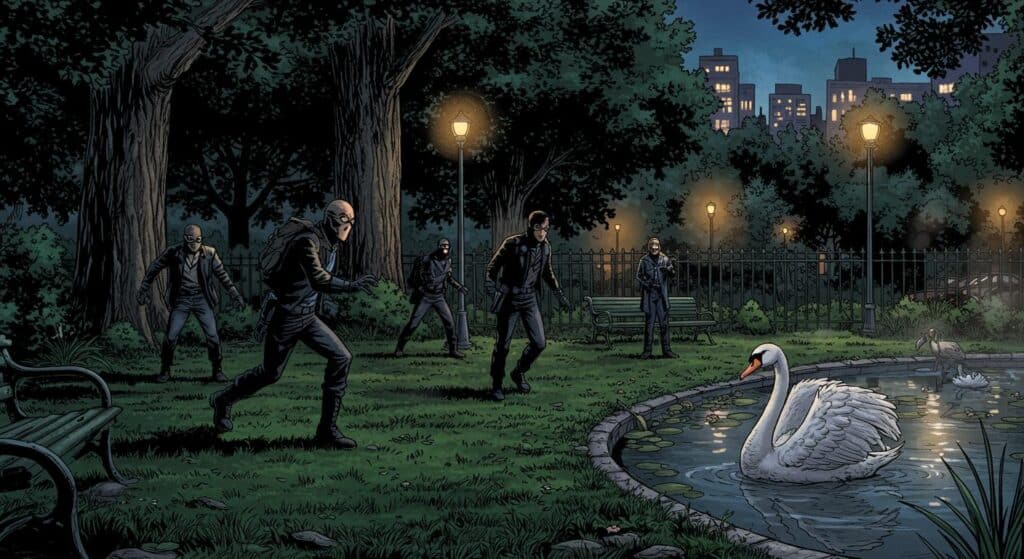If ever there were a time to question the boundary between private and public at work, the recent decision from one of British Columbia’s administrative tribunals quietly ups the ante. It turns out that if you take nude photos of yourself at the office—and a disgruntled ex forwards them to your employer—legal protections might not play out the way you imagine. As detailed in CTV News, this very scenario unfolded when a woman, referred to in tribunal records as “MR,” sought compensation after her ex, “SS,” shared explicit images she’d texted him, all of which were snapped while she was at work.
When Privacy Stops at the Office Door
The facts, as outlined in the published tribunal decision and summarized by CTV News, border on the improbable: MR sent images of herself “exposing different private parts of her body and engaging in sexual acts” to SS during their romantic relationship, with all photos and videos conveniently featuring the workplace not just as a backdrop, but as a sort of unwilling co-star. After the breakup, SS passed these images along to MR’s employer. According to the report, SS claimed this was done to inform management of “workplace misconduct,” while MR argued the move was purely malicious—aimed at causing embarrassment and damaging her reputation.
Under B.C.’s Intimate Images Protection Act, an “intimate image” has to check two boxes: not only must it be revealing, but the subject has to have had a “reasonable expectation of privacy” at the time it was taken. The tribunal’s conclusion, as described in CTV News, hinges on this nuance. Although Stewart, the tribunal member presiding, acknowledged the images themselves were intimate in nature, the fact that several were shot during business hours in areas open to coworkers—and at least one at the front counter—meant that any expectation of privacy fell flat. The tribunal accepted MR’s point that most people don’t want their private images spread widely, but when those images are created in the workplace, that expectation doesn’t extend to the employer, at least not for the purposes of investigating workplace conduct.
“Public Interest” Has Entered the Chat
Moving beyond technicalities, the decision navigates an even stranger path: the “public interest” exception. According to details highlighted by CTV News, the Intimate Images Protection Act allows that sharing intimate images can be acceptable if it serves a bona fide public interest and isn’t unnecessarily broad. Here, Stewart reasoned that since the images in question were created at work, on company property, and sometimes in areas accessible to the public, forwarding them to the employer—regardless of the sender’s motivations—fit squarely within the act’s public interest carve-out.
Quoting directly from the decision as cited by CTV News, Stewart wrote, “I find it was in the public interest for the respondent to share the applicant’s images with her employer.” The fact pattern also included “one photo that was undisputedly taken while the applicant was at the ‘front counter’,” emphasizing just how porous the boundary between private and professional can become when photographic evidence is involved.
It raises a curious question: is the act of reporting workplace shenanigans via intimate images genuinely a crucial public service, or just a loophole inadvertently left by well-meaning legislation? The answer from the tribunal seems unequivocal, at least for images taken in such settings—the context where the “public’s” right to know trumps the subject’s privacy expectations.
The Gallery of Legal Oddities
The larger irony, underscored throughout the CTV News report, lies in how the evolving landscape of digital privacy can be derailed by simple geography and timing. The law, meant to protect against the malicious spread of personal images, gets tangled in technicalities about where those images were taken. If MR had used the confines of her own home for these photos, the expectation of privacy would remain solid. Put the same images on an office’s front counter, and suddenly, the law meets a blind spot.
CTV News also notes that even if the images had somehow been found to meet the full “intimate” definition, the “public interest” exception still would have blocked any damages award. At the end of the day, it was the confluence of setting, function, and a strained relationship that led to this uniquely modern outcome—a result that feels equal parts cautionary and absurd.
Summing Up the Open-Plan Era
So where does this leave us? In a time when boundaries between work and personal life are already blurry, this ruling serves as an unexpectedly literal reminder that privacy has limits—and sometimes, those limits are defined by little more than a doorframe or a well-placed camera. The office, once merely a backdrop for awkward corporate team-building seminars, now apparently factors into the calculus of image protection—at least in the eyes of one B.C. tribunal.
Would this result give you second thoughts about snapping anything beyond a neutral selfie at the office? Or does it just reaffirm what many already suspect about privacy in the open-plan era: that when everything is public, the only surprise is how the law tries to keep up?







